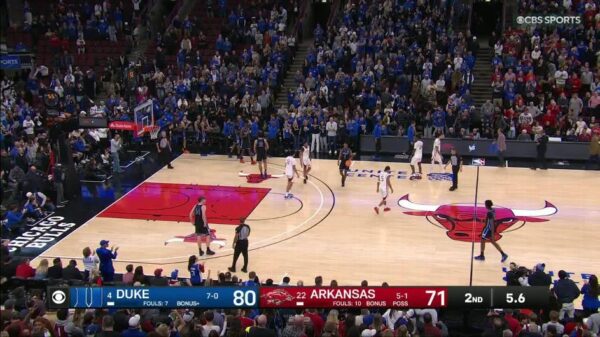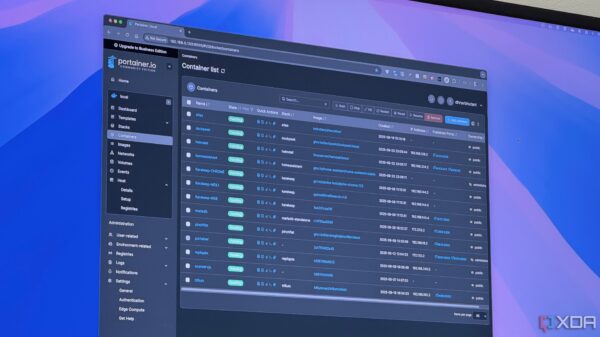UPDATE: A team of graduate students from Carnegie Mellon University has launched an urgent campaign to assist low-income workers in claiming the Earned Income Tax Credit (EITC), potentially unlocking $7 billion in unclaimed refunds across the nation. The initiative, unveiled just hours ago, aims to raise awareness about this vital financial resource, with an average refund of $2,400 that could cover essential expenses like rent or groceries.
The students from CMU’s Heinz College partnered with the National League of Cities to develop user-friendly materials and an online tool. Their goal is to simplify the often-complicated tax filing process, which has kept millions from accessing crucial financial support. “There’s millions of people that are eligible for these tax refunds that can help you pay for groceries, rent, child care,” said student Samiha Islam during a press conference this morning.
In the last tax year, eligible taxpayers could receive between $632 and $7,830 from the EITC, depending on income and household size. However, many low-income individuals remain unaware of their eligibility, do not know how to file, or find the tax process intimidating. This alarming gap in awareness and accessibility was identified through interviews with local stakeholders, including the United Way of Southwestern Pennsylvania.
The CMU team created engaging infographics, posters, and clear guides that explain the benefits of claiming the EITC. “We looked at some of the IRS marketing materials, which are a bit technical and intimidating for an everyday person to look at,” Islam noted. The materials also provide information on accessing Volunteer Income Tax Assistance (VITA), where individuals earning $67,000 or less can receive free tax preparation services.
The project, developed as part of Professor Chris Goranson’s seven-week Policy Innovation Lab course, was designed to create impactful public service products. “Not only did the students identify a solution beneficial to our partner, but the project became a larger effort to connect citizens with essential services,” Goranson explained.
As the project evolved, the team faced challenges that required them to pivot their approach. Initially tasked with using AI to analyze IRS data, the students encountered significant data limitations that hindered their ability to identify neighborhoods with low EITC uptake. Instead, they shifted focus to developing their marketing campaign and search tool for locating VITA sites.
“Having to pivot was stressful, especially with a tight deadline,” Islam admitted. Yet, the team’s adaptability ensured that they delivered a high-quality product to the National League of Cities, which is already being shared across cities and nonprofit organizations in areas like New York City and the Dallas-Fort Worth region.
WHAT’S NEXT: The students’ materials are set to make a nationwide impact as tax season approaches. With deadlines rapidly approaching, the urgency of their campaign is clear. Citizens are encouraged to visit their online platform to learn about EITC eligibility and find local VITA services.
This innovative project not only highlights the importance of community engagement but also underscores the vital role academic institutions play in addressing real-world issues. As the CMU students continue their efforts, the hope is that their work will lead to greater awareness and ultimately, significant financial relief for millions of eligible workers across the country.







































































